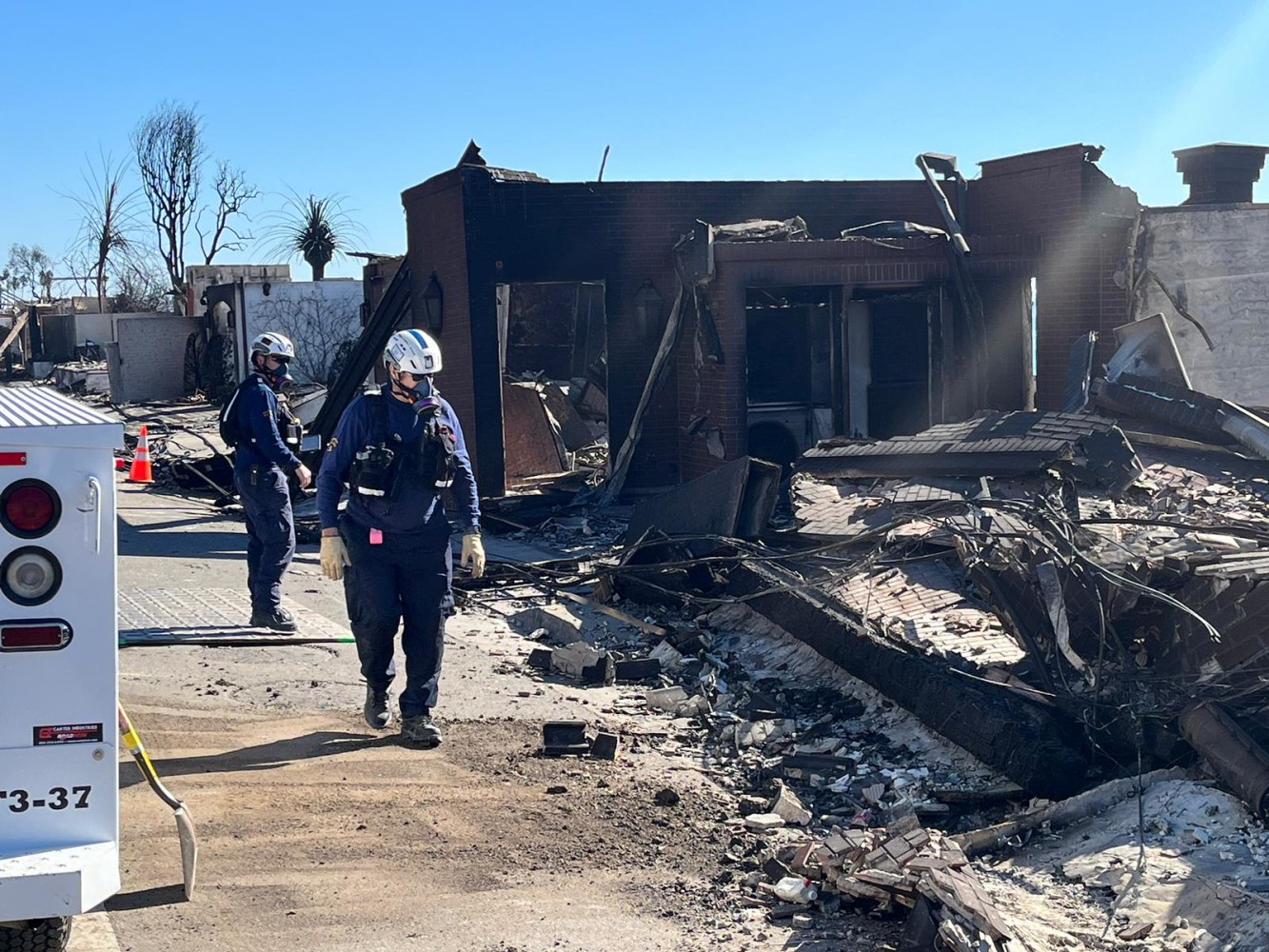Commissioner Lara Demands Answers on Financial Stability and Consumer Impact
California Insurance Commissioner Ricardo Lara has responded to State Farm’s February 3 request for an interim 22% rate hike in the state following the devasting Palisades and Eaton Fires. The request also asked for rate hikes of 15% for renters, 15% for condominium unit owners, and 38% for rental dwellings.
Lara stated that under Proposition 103, insurers must demonstrate why rate increases are necessary and justified. “The burden is on State Farm to show why this is needed now. State Farm has not met its burden,” he wrote.
In the letter of response, Lara questioned the urgency of State Farm’s request, noting that the company has already received multiple rate increases in recent years, including a 20% hike for homeowners and condominium owners in December 2023. In 2023, State Farm also stopped issuing new policies in California and later non-renewed 30,000 homeowner policies, particularly in high-risk wildfire zones. Lara asked ror the following questions to be answered by State Farm.
- State Farm’s financial stability: Why has the company’s financial position deteriorated despite prior rate increases, and what other measures—besides raising rates—has it taken to restore stability?
- Justification for the emergency rate hike: What has changed since State Farm’s last rate filings that now require urgent relief?
- Consumer impact: How would the proposed increases affect policyholders, especially those who have already faced premium hikes and non-renewals?
- Transparency: Has State Farm provided adequate documentation to justify its request, and has it explored financial support from its parent company?
“My primary responsibility is to the people of California,” Lara said. “State Farm’s financial condition is of utmost concern for its California customers, and a rate hearing on its pending applications may be necessary to answer serious questions.”
The commissioner has asked State Farm to explain how its financial position deteriorated despite limited wildfire-related claims in recent years. He also questioned whether the company’s parent organization, State Farm Mutual Automobile Insurance Company, could provide financial support.
State Farm currently has three pending rate applications, with the Department of Insurance seeking even larger increases: 30% for homeowners, 41.8% for renters and condo unit owners, and 38% for rental dwellings. The consumer advocacy group Consumer Watchdog, which has intervened in past rate cases, has petitioned to oppose the emergency request and is seeking a full rate hearing.
On Feb. 7, the Department of Insurance submitted a stipulation that would allow interim rate increases subject to refunds with interest if later deemed excessive. Consumer Watchdog, however, is pushing for a formal rate hearing rather than temporary approval.
Lara has scheduled an informal conference for Feb. 26 at the department’s Oakland office, where State Farm, Consumer Watchdog, and department officials will address the request and the company’s financial situation.
“State Farm customers who are already paying higher premiums or experiencing policy non-renewals should not be further impacted without real answers,” Lara said.












